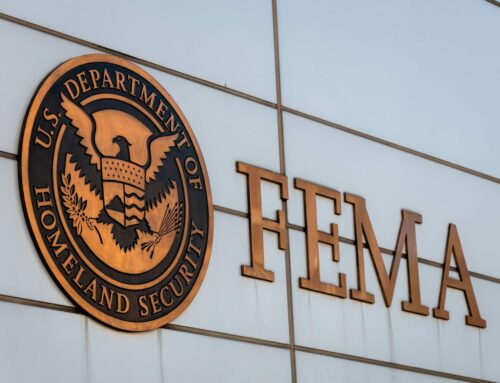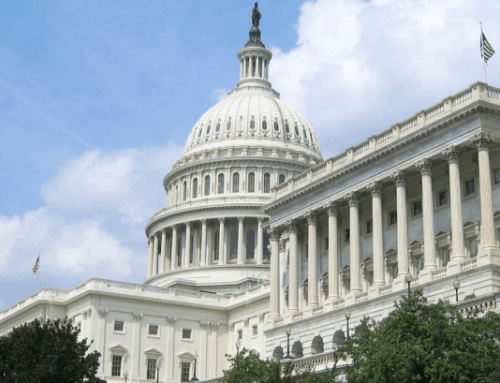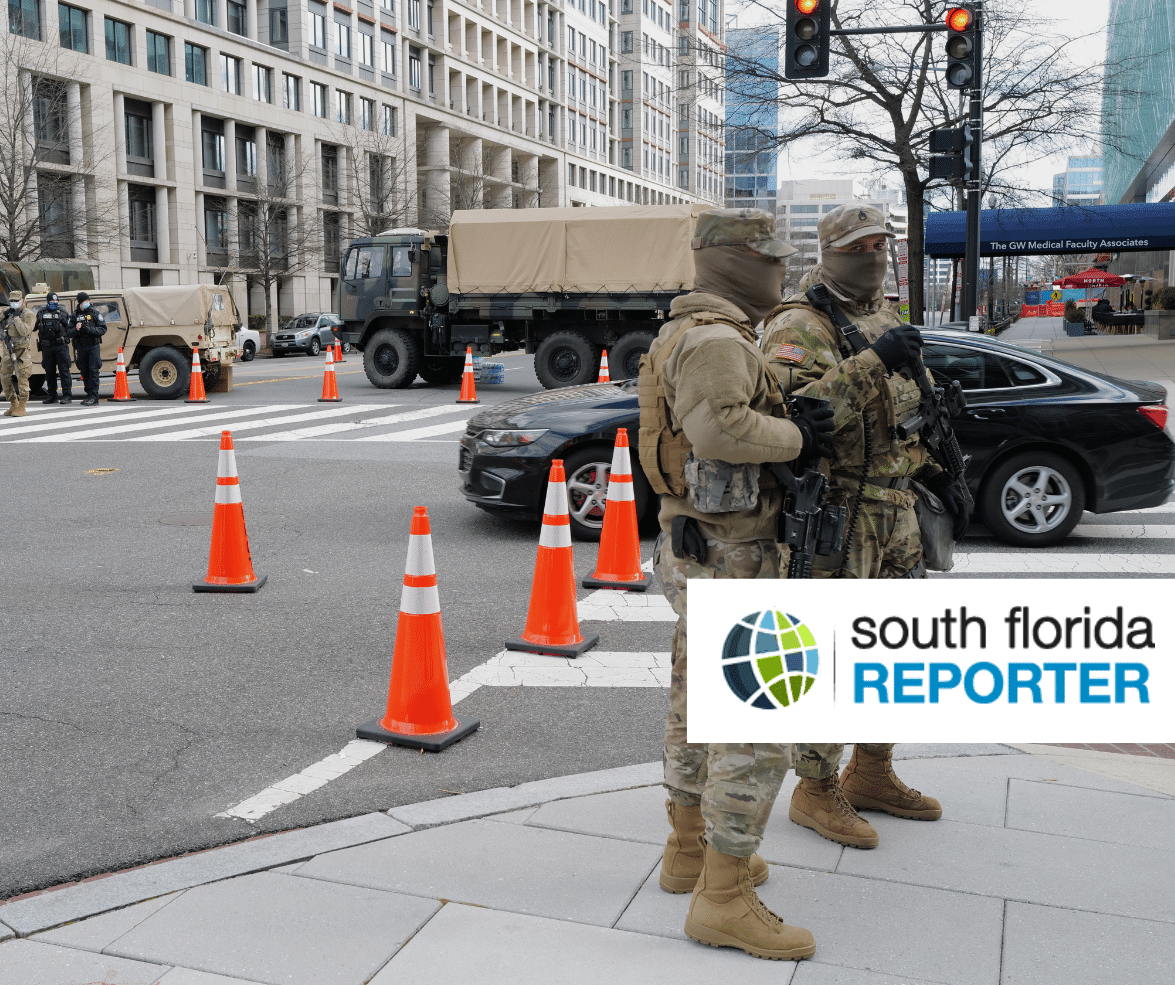Steve Ellis of Taxpayers for Common Sense says new IRS Commissioner Billy Long must improve leadership stability, protect and deploy modernization funds, and prioritize tax enforcement.
Former congressman Billy Long will be the next IRS commissioner. His confirmation hearing and the Senate Finance Committee’s party-line vote had focused on whether he promoted questionable tax credits or had the right experience for the job.
Those were legitimate questions. But what matters more for taxpayers is what happens next, because Long is walking into a deeply troubled agency.
Between 2008 and 2021, the IRS’s enforcement workforce shrank by nearly a quarter. Over that same period, the agency’s budget dropped 19% after inflation, even as GDP grew 60% and the agency received 11 million more tax returns a year. Outdated information technology systems—some dating back decades—continue to hamper its ability to keep up.
The IRS workforce is aging, after years of hiring freezes and staff attrition, and the agency has struggled with leadership instability. Nearly 18,000 IRS workers have accepted the Trump administration’s latest resignation offer. After returning to office, President Donald Trump effectively ousted Commissioner Danny Werfel before the end of his term and has already cycled through multiple acting commissioners in just the first half of the year.
According to the IRS, the federal government fails to collect more than $600 billion in legally owed taxes each year—known as the “tax gap.” Most of the gap is due to underreporting—primarily income that isn’t subject to automatic third-party reporting, such as capital gains or rental income. High-income earners account for a disproportionate share.
The IRS’s most recent projections suggest that the tax gap is growing. From 2014 to 2016, the gap averaged $496 billion a year. By 2021, it had ballooned to $668 billion. The rate of noncompliance has stayed about the same—around 15%—but with a growing economy and rising income inequality, the dollar value of unpaid taxes keeps climbing.
That’s a gaping hole in the budget, and it’s massively unfair to the millions of taxpayers who follow the rules. As then-IRS Commissioner Charles Rettig observed at a 2021 Senate Finance Committee hearing, the agency is “outgunned” by tax cheats and that “if people are not paying their fair share, it is borne by other people who are paying their fair share.”
This is where enforcement and modernization come in. The 2022 Inflation Reduction Act provided the IRS with $80 billion, including $45.6 billion earmarked for enforcement. The Congressional Budget Office estimated this increased capacity would generate more than $180 billion in additional revenue over the next decade. That’s a net return to taxpayers of more than two to one.
But since then, tens of billions have been clawed back. Modernization plans have stalled. Hiring has slowed. And the IRS’s ability to conduct audits of complex business structures and wealthy filers has withered.
If Congress wants lower taxes, it should change tax law—not weaken the agency responsible for enforcing it.
So what should Long do as commissioner?
First, bring stability. The agency can’t function if its leadership is in constant flux. That means no more surprise resignation offers or workforce reductions disguised as reform. Long must rebuild institutional morale by committing to professional management—not political patronage—and fostering a culture of service and accountability.
Second, protect and deploy the modernization funds. That means updating decades-old IT systems, improving customer service, and restoring audit and enforcement capacity.
Nearing the end of the first Trump administration, the IRS released a modernization plan. It called for replacing outdated systems with faster processing, digital records, and smarter use of data to boost compliance.
Yet, a third of the agency’s applications and a quarter of its software are considered legacy, and the agency hasn’t met federal cloud computing requirements. Relying on computer systems programmed in COBOL in the 1960s isn’t sustainable.
Third, treat enforcement as an investment. Every dollar spent going after sophisticated tax evasion brings in many more dollars in return. Enforcement should focus on the highest return activities: auditing complex partnerships, passthroughs, and high-income individuals where underreporting thrives. Just as important is messaging, making clear to the public that the goal isn’t to harass, it’s to level the playing field.
Taxpayers need to believe our tax system is fair. A system where high-earning taxpayers can avoid scrutiny while ordinary taxpayers sit on hold with under-resourced call centers is doomed.
Taxpayers for Common Sense’s focus is whether the IRS does its job—and whether the person who leads it understands the task at hand. Long may or may not have been the right choice, but the right agenda is clear: modernize the agency and enforce the law.
This job doesn’t need a salesman. It needs someone who is up to the challenge.
This article does not necessarily reflect the opinion of Bloomberg Industry Group, Inc., the publisher of Bloomberg Law and Bloomberg Tax, or its owners.
- Adobe Stock










